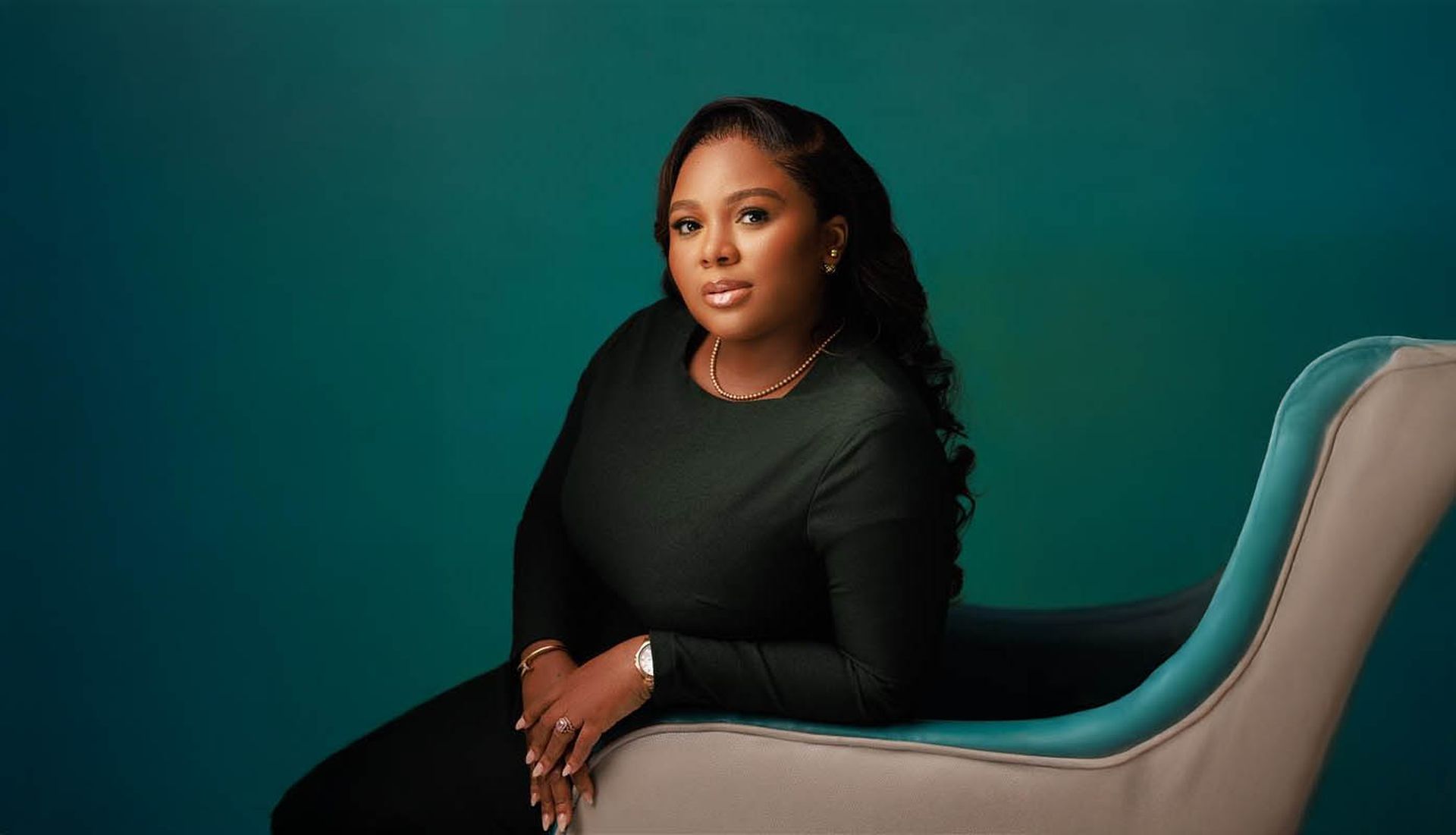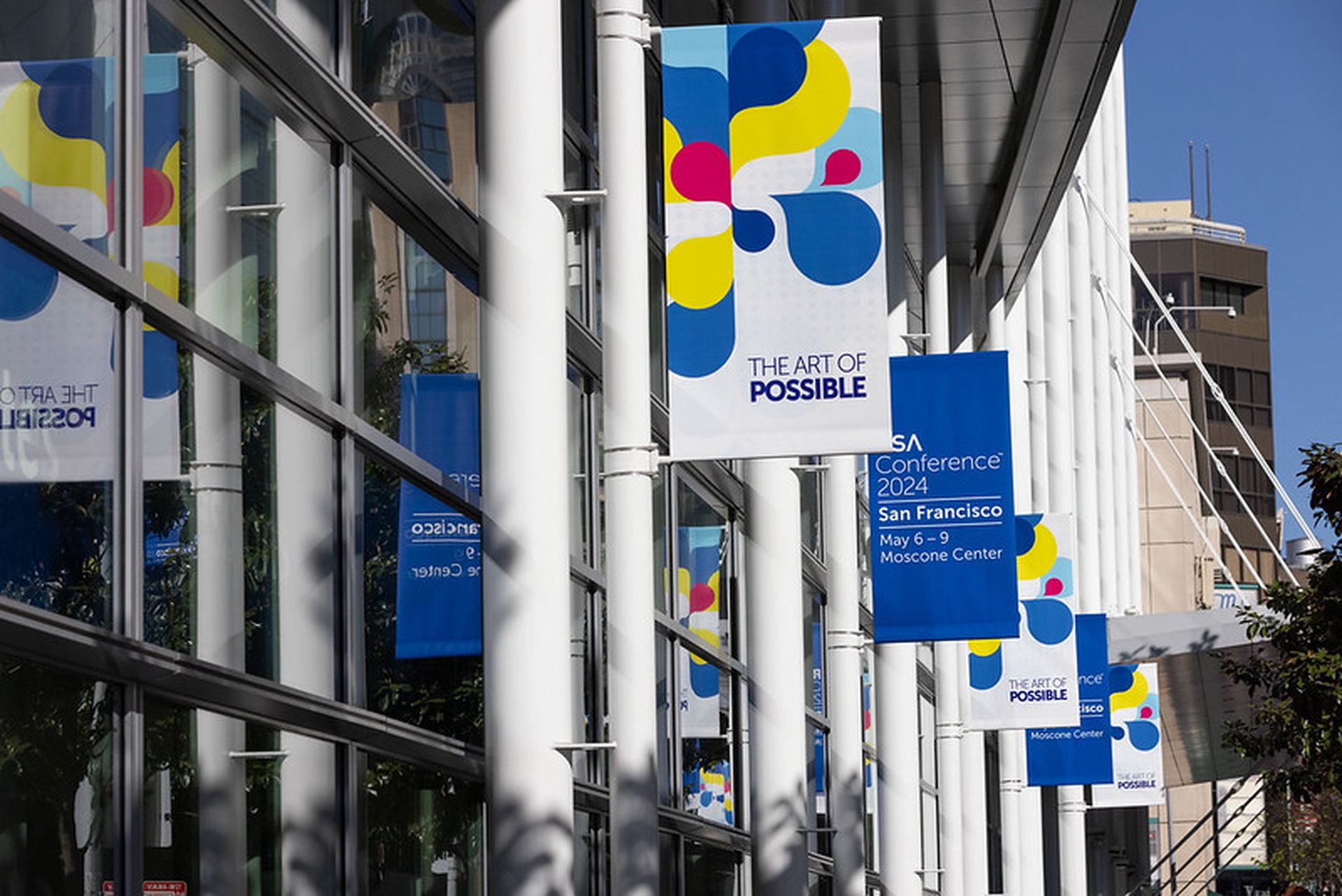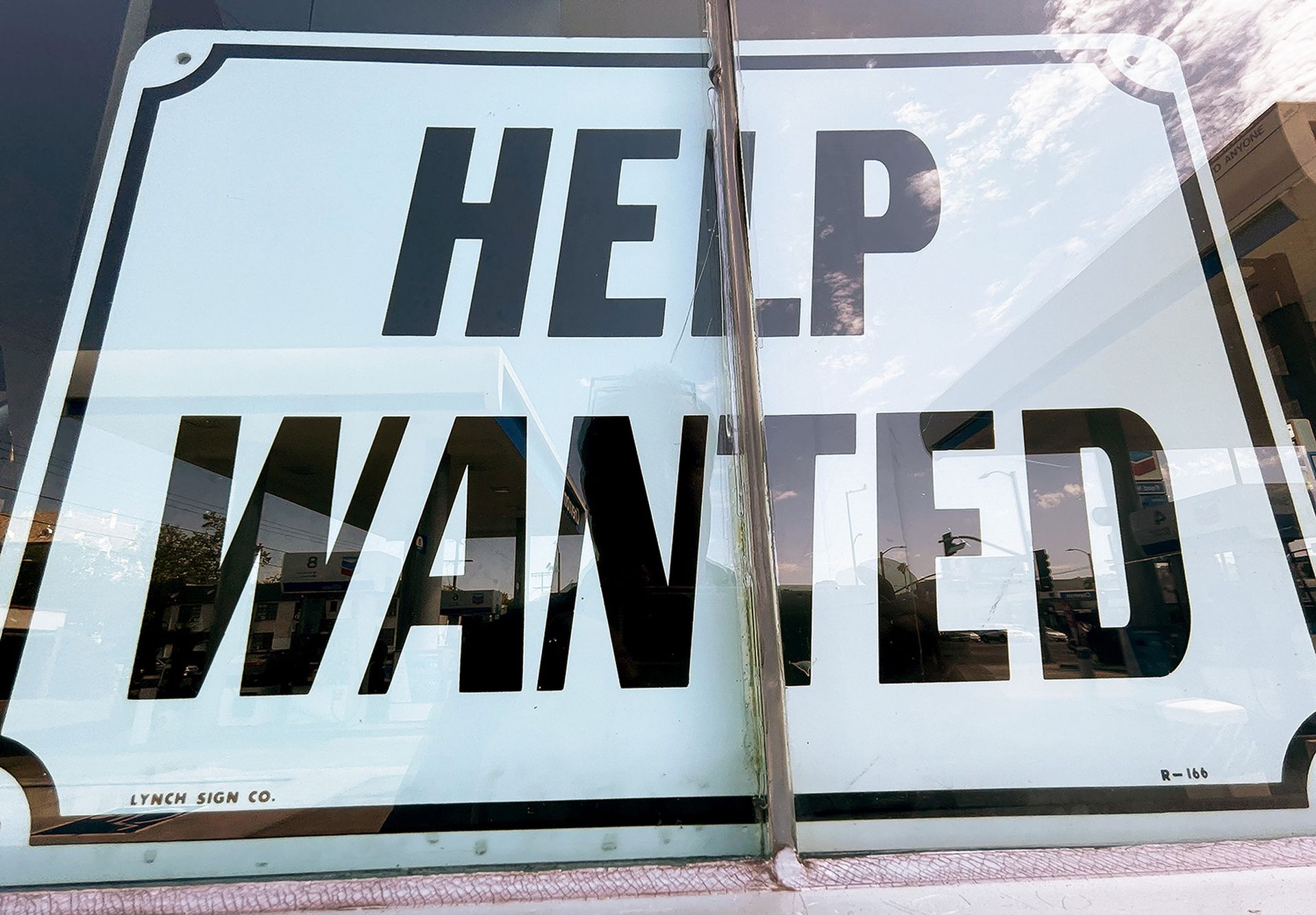Confidence Staveley is turning the tables on Africa’s cybersecurity talent shortage—and redefining what it means to lead in a male-dominated industry. Through her CyberGirls Fellowship, Staveley has trained over 3,000 young women in cybersecurity, helping 60% secure jobs and boosting their incomes by more than 400%. Her work isn’t just about filling jobs; it’s about transforming lives and shattering stereotypes.
[Editor's Note: View all of 2024's honorees for SC Media's Women in IT Security here.]
This year, SC Media honors Staveley as a 2024 “Power Player” in its Women in IT Security program, recognizing her groundbreaking efforts to close the gender gap in cybersecurity. With women making up only 9% of Africa’s cybersecurity workforce, Staveley’s initiatives, like the NoGoFallMaga cyber-awareness campaign, have made her a force for change, reaching millions and raising the bar for what’s possible.
Beyond Africa, Staveley’s influence spans continents. Her company, MerkleFence, partners with U.S. businesses to provide top-tier, cost-effective application security engineers from emerging markets, showcasing her ability to bridge global talent gaps.
[Editor's Note: Read SC Media's Women in IT Security profile of Confidence Staveley]
In this exclusive interview, Staveley opens up about her journey from software engineering to global advocate, her vision for Africa as the cybersecurity talent capital of the world, and why she believes passion and perseverance are the ultimate tools for success. Her story is one of empowerment, innovation, and the relentless pursuit of a more inclusive digital future.
What follows is an edited transcript of the video Q&A that has been abbreviated for style and readability.
SC Media: Confidence, welcome, and thank you for joining us. Let’s start with the CyberSafe Foundation. What is its mission, and what impact has it had across Africa?
Confidence Staveley: Thank you, Joan. CyberSafe Foundation is a leading nonprofit focused on driving safe and inclusive digital access across Africa. Two words are central to our work: "safe" and "inclusive."
While technology adoption is growing rapidly on the continent, many people lack awareness of the associated risks. It’s like giving someone a car without teaching them how to brake or handle emergencies—it’s risky and unsustainable.
We also address the inclusion gap, especially for women. Women are disproportionately excluded from opportunities in the digital economy and cybersecurity, even though they make up half the population. In Africa, only 9% of cybersecurity professionals are women, compared to about 20–25% globally. Our goal is to close these gaps and create pathways for women to thrive in cybersecurity while making the digital world safer for everyone.
SC Media: That’s such important work. Can you tell us about the Cyber Girls Fellowship and how it’s changing the landscape for young women in cybersecurity?
Confidence Staveley: The Cyber Girls Fellowship is one of our flagship initiatives. It’s an eight-month mentorship and training program specifically for women aged 18 to 28. The program equips participants with cybersecurity skills, certifications, and the confidence they need to succeed in the field.
Since we launched the fellowship, we’ve trained over 1,000 women, and 60% of them have secured jobs, often increasing their earnings by over 400%. This isn’t just about placing women in cybersecurity roles—it’s about transforming their lives and the lives of their families and communities.
The demand for the program is overwhelming. In our last application cycle, we received over 20,000 applications for just 500 spots. This shows how hungry women across Africa are for opportunities in cybersecurity, and it motivates us to keep expanding the program.
SC Media: Those are amazing results. Beyond skills training, you’ve mentioned the importance of addressing systemic barriers. How do you tackle those?
Confidence Staveley: Great question, Joan. Beyond teaching technical skills, we focus on breaking down the barriers women face—access, belief, and representation.
For example, access: Many women don’t even know these opportunities exist or don’t have the resources to pursue them. We offer our program free of charge to remove financial barriers.
Belief is another critical factor. Women often doubt their abilities, especially in male-dominated fields. We work hard to instill confidence through mentorship and hands-on training. Finally, representation matters. When women see other women thriving in cybersecurity, they start to believe it’s possible for them, too.
SC Media: Let’s talk about your journey. How did you get into tech and cybersecurity, and why the focus on API security?
Confidence Staveley: My entry into tech was unplanned. Growing up, my parents wanted me to be a doctor, which was common for African families at the time. But during a gap year before university, I took a computer course and discovered coding. For the first time in my life, I felt alive. I realized I could create things, and it filled me with so much joy.
Convincing my parents to let me pursue tech instead of medicine was tough. I didn’t even have a laptop, so I made a presentation using cardboard “slides” to argue my case! Thankfully, my passion convinced them.
I went on to study software engineering, and my focus on API security emerged from my early work in programming and cryptography. I realized how critical secure APIs are for protecting sensitive information in today’s interconnected world.
SC Media: That’s such an inspiring story. As a woman in a predominantly male field, what challenges have you faced, and how did you overcome them?
Confidence Staveley: One recurring challenge is being underestimated. When I walk into a room or deliver a service, people often doubt my abilities simply because I’m a woman. Early in my career, I’d send emails, and people would assume I was a man. When they met me, there’d be visible disappointment—like, “Oh, they sent a woman.”
But I’ve turned that into an advantage. Being underestimated gives me the opportunity to overperform. People set the bar low, and when I exceed their expectations, it leaves a lasting impression.
For young women entering the field, my advice is simple: if you love solving problems and learning new things every day, cybersecurity is for you. It’s a dynamic, fast-paced field where you’ll never stop growing. But it’s not for everyone—if you don’t enjoy change or surprises, it might not be the right fit.
SC Media: You’ve talked a lot about empowering women. What’s your vision for the future of digital inclusion and cybersecurity in Africa?
Confidence Staveley: I believe Africa has the potential to become the cybersecurity talent capital of the world. We have a young, vibrant population eager to learn and innovate. While there are challenges, such as the association of certain regions with cybercrime, the narrative is changing.
With the right investments in education and training, Africa’s youth can lead the world in cybersecurity. They’ll not only solve local problems but also contribute to global innovation and security. I see a future where Africa isn’t just participating in the global tech economy—it’s driving it.
SC Media: Confidence, thank you for such an insightful and inspiring conversation.
Confidence Staveley: Thank you, Joan. It’s been a pleasure to share my story and the work we’re doing at CyberSafe Foundation.
SC Media: To our viewers, thank you for watching. Be sure to explore the SC Media site for more inspiring stories from this year’s Women in IT Security honorees. For now, take care, and we’ll see you next time!




